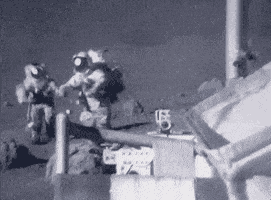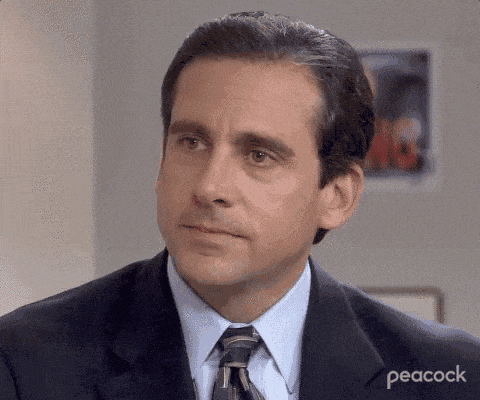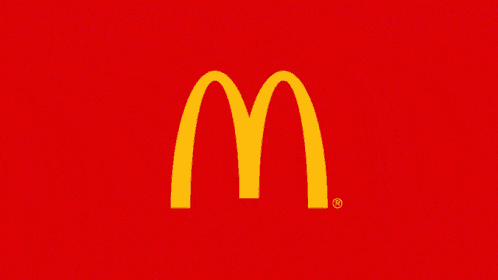“I think everybody should get rich and famous and do everything they ever dreamed of so they can see that it’s not the answer.” – Jim Carrey
After winning his third Super Bowl when he was just 27 years old and reaching the proverbial football mountaintop, Tom Brady sat down for a 60 Minutes interview where he explained that it didn’t make him feel like he thought it would:
Tom Brady on winning: There’s “got to be more than this”
“There’s got to be more than this,” Brady says. The interviewer then inquires, “Well, what’s the answer?”
“I wish I knew. I wish I knew.”
When asked which of his Super Bowl rings is his favorite, Brady, now a 7x Super Bowl champion, always responds, “The next one.”
Apollo 11 marked the first time in history humans walked on a celestial body other than Earth. That’s literally the coolest thing any human had ever done and still might be the coolest. However, as the spacecraft hovered around the moon, Michael Collins turned to Neil Armstrong and Buzz Aldrin and said:
“It’s amazing how quickly you adapt. It doesn’t seem weird at all to me to look out there and see the moon going by, you know?”
Al Bean, after becoming the fourth person to walk on the moon, later turned to fellow astronaut Pete Conrad and said something similar:
“It’s kind of like the song: Is that all there is?”
Pete Conrad actually felt relieved at this comment because he also described his moonwalk experience as spectacular but not momentous.
Morgan Housel writes, “If walking on the moon left astronauts underwhelmed, what does it say about our own earthly goals and expectations?”

John D. Rockefeller, considered the wealthiest American of all time and the richest person in modern history, was asked how much money he thought was enough. He responded:
“Just a little bit more.”
I would hazard a guess that everyone, at every income level, tends to feel the same.
You get the direction I’m going here. There are countless stories of people who achieved success only to realize it didn’t make them as happy or fulfilled as they thought it would. The world is littered with objectively rich people who have a difficult time being content with what they have because they can always point to someone else who is doing better.
Walt Disney’s granddaughter, Abigail Disney, discussed this problem in an interview a few years ago:
“They did a study at the Chronicle of Philanthropy years ago where they asked people who inherited money, ‘What amount of money would you need to feel totally secure?’ And every single one of them, no matter what they had, named a number that was roughly twice what they inherited. So that’s what you need to know about money, right? If that is your primary measure of success or value in life, then good luck with that, because it will never feel good.”
Deep down I think we all know and understand the sentiment that “money can’t buy happiness.” Yet, this doesn’t seem to stop us from trying as hard as we can to put that theory to the test.

So, what’s the solution?
I’ll echo Tom Brady’s response: I don’t know. This has to do with human nature and people’s individual relationships with money. There’s not a universal solution.
However, I am confident that part of the solution has to do with having an idea of what your own personal level of “enough” is. “Making as much money as possible” is not a financial plan and an attitude that usually leads to regret.
Finding how much is “enough” for you isn’t easy and will likely change over time. But it’s impossible to know if you don’t sit down to figure out where you are, where you’d like to be, and how to get there.
I want to end with one more short story.
Brothers Dick and Mac McDonald opened a small restaurant in California in 1940 called McDonald’s. By the 1950s the restaurant was doing so well that it was only a matter of time before franchise opportunities presented themselves. However, Dick and Mac weren’t really interested in expansion. They were making more money than they had ever dreamed of, they had lovely houses with tennis courts, and new Cadillacs every year.

But their milkshake salesman, Ray Kroc, did have aspirations to build an empire. It’s a long story, but eventually Ray convinced Dick and Mac to let him take over as their franchising agent and grow McDonald’s. By the 1960s, Ray Kroc’s name was more synonymous with McDonald’s than the founding brothers. Because of their differing aspirations, Ray decided to buy them out. Each brother asked for $1 million after taxes. By the time Kroc died, his net worth was estimated at over half a billion dollars.
Years later Dick McDonald was asked if he had any regrets about selling out for far less than he could have made had he just kept his ownership stake. He said:
“No regrets. I would have wound up in some skyscraper somewhere with about four ulcers and eight tax attorneys trying to figure out how to pay all my income tax.”
The McDonald brothers knew what their “enough” was.
Thanks for reading!

